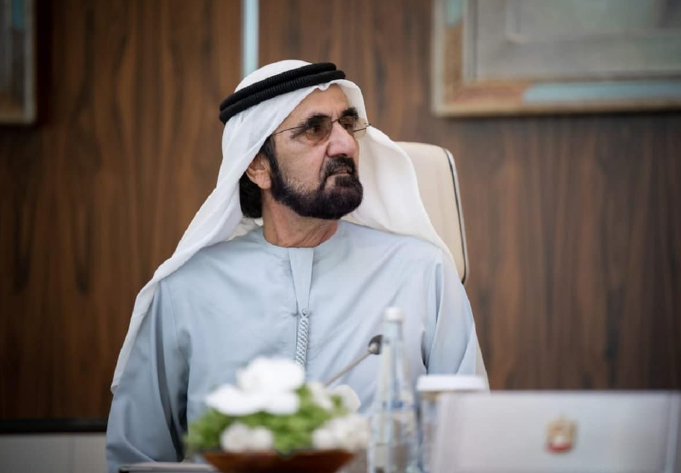The UAE Cabinet has launched a new national strategy to fight drug abuse during its annual meetings in Abu Dhabi, starting on Monday, November 4. This strategy focuses on increasing penalties for drug dealers and promoters, both in the UAE and abroad. It also includes plans to establish rehabilitation centers, raise public awareness, and set up correctional facilities for offenders.
During the announcement, Sheikh Mohammed bin Rashid Al Maktoum, Vice-President and Prime Minister of the UAE and Ruler of Dubai, who led the meeting, stated, “Drugs are a scourge, a loss, an addiction… an illusion and a societal cancer that we all must fight together.”
The Cabinet also discussed the Sheikh Zayed Housing Program, revealing that the percentage of citizens who own homes has increased from 76% to 91% over the last five years.
The number of housing applications has fallen dramatically from 13,000 to just 650. Additionally, the time it takes to receive a house has decreased from four years to one year. So far, more than 90,000 citizens have benefited from the Sheikh Zayed Housing Program, which has a budget of Dh60 billion.
International Agreements and Economic Growth
Furthermore, the UAE Cabinet approved 22 international agreements with 17 countries to enhance economic, trade, legal, judicial, and educational partnerships. “We have signed MoUs on energy, competitiveness, and research with 17 nations. The UAE is committed to strengthening ties with countries worldwide as part of our international engagement,” Sheikh Mohammed explained.
These annual meetings involve 500 key officials from the UAE and are crucial for collaboration between federal and local authorities.
This year’s Government Annual Meetings, taking place on November 5 and 6, 2024, introduce significant changes in organization, priorities, agenda, guiding principles, objectives, and many frameworks adopted in previous sessions.
The agenda features three national retreats on the first day, focusing on national identity, family, and AI. It will also include eight panel discussions on national priorities, with participation from leaders of federal and local government entities.





